When I submitted my name to review Helping Your Child with Language-Based Learning Disabilities, I thought it would be worth checking out as something to maybe refer to from time to time. I thought it would be worth knowing about the book in case it might be helpful for some of my readers either now or in the future.
I had no idea it was going to become one of those pivotal books in my life.
I received this book for free. I am being paid for my time to write this review and was not required to post a positive review.
Helping Your Child with Language-Based Learning Disabilities: Strategies to Succeed in School and Life with Dyslexia, Dysgraphia, Dyscalculia, ADHD, and Processing Disorders by Daniel Franklin, PhD is so valuable I know I will be recommending it over and over again on my site.
Why?
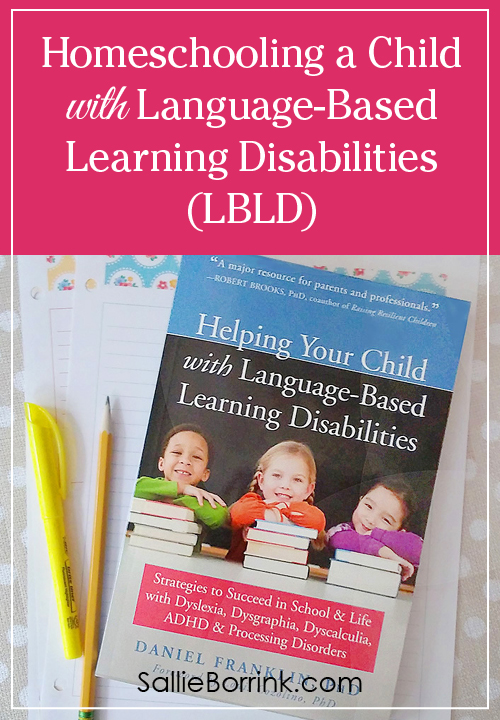
Because it explains in-depth and from a professional viewpoint so much of what I’ve come to believe and understand. My own journey as the mother of a child with multiple LBLD has been long. I’ve questioned my choices because they didn’t fit with conventional wisdom. They didn’t fit with what it looks like to be a “good” Christian parent. We weren’t supported by people who should have believed in us enough to support our choices. It’s been a long and sometimes very lonely road. Large portions of this website document my journey as I’ve been open as to how I’ve made decisions, the things I’ve learned, and what I’ve tried to do for my daughter when things just didn’t make sense.
But over and over again Dr. Franklin confirmed that I’ve been on the right path. That I am still on the right path. More than a few times when I was reading the book, tears welled up in my eyes because he wrote something that confirmed beyond any doubt that I was right in the choices I made. Many times I only had my mother’s intuition and some reading I’d done online to go with, but I was right.
Children with LBLD Need Loving Relationships
This isn’t a Christian book, but it is full of what should be guiding principles for Christian parents as they work with their child with LBLD, especially if they homeschool. Dr. Franklin emphasizes that what children with LBLD need more than anything in order to succeed is loving relationships that include what I would call:
- grace
- compassion
- understanding
- longsuffering
- patience
- peace
- laughter
- joy
You know how I constantly talk about creating a cozy life of peace, understanding, and joy for you and your loved ones in your home, your homeschool, and for your differently-wired child? Guess what? Peace, understanding, and joy are exactly what children with LBLD need in their life.
Over and over again those concepts are expressed in various ways in the book. Not in those exact terms, but those are the concepts that Dr. Franklin emphasizes again and again when describing how to live and work with your child. The start of Chapter 3 states:
The kind of help I advocate for children with language-based learning difficulties requires a profound lifestyle shift for the whole family–not a set of quick fixes. Mine is a collaborative method that builds the foundation a child needs to transition to independence as soon as he or she is ready, in part by setting clear goals for the child and family and by emphasizing the need for family collaboration and teamwork. To succeed at this approach, parents must be willing to commit significant amounts of time, energy, and yes, kindness, to improving their child’s learning experience.
Can I get an amen?
Homeschooling a Child with LBLD
The book is written with a school paradigm in mind so the frame of reference Dr. Franklin uses is how to help your child succeed in school in terms of giving her the academic support she needs at home. But the principles and practical advice are still the same if you are homeschooling your child.
In some ways, they are even more applicable because you are your child’s teacher. Reading this book affirmed for me again and again that homeschooling a child with LBLD makes so much more sense because you can avoid all the effort needed to get on the same page with your child’s teachers and simply do it yourself. Educating a child with LBLD is a long journey that takes a great deal of effort, but I can’t help but think that it’s better to put that effort into your child than dealing with bureaucracy.
Dr. Franklin’s book also confirmed for me that homeschooling a child with LBLD is one that really is for the long haul. This chart in the book was like gold.
It’s a visual explanation of the skill development discrepancy that LBLD children face. See that big arrow? That’s where children with LBLD generally are the most “off” from their peers in terms of academic abilities. But do you see what happens as time passes if they get the support they need? They can end up right back with their peers.
I recently wrote at length about why our family enjoyed the tween years so much. Why did we? Because we emphasized relationship over pretty much everything else. If the relationship is there, the academic results can come in time. The important thing is to support the child with LBLD during those years when the skill development discrepancy can be soul-crushing if they don’t understand themselves and what you are working toward in the long-run.
A Book of Encouragement and Realistic Advice
This is such a practical book with realistic advice. It’s also incredibly encouraging. I’ve read so many articles and books about topics related to dysgraphia, dyscalculia, 2e, processing disorders, etc. and they are all about how to fix your child. They are all about seeing your child as a problem to be solved. This book is about how to first love your child as she needs it and then how by loving your child you can also help your child find the tools she needs to succeed academically, socially, etc.
Who should buy and read this book?
First of all, if you have a child with an LBLD or if you even suspect that your child has an LBLD (dyslexia, dysgraphia, dyscalculia, ADHD, or processing disorder), you need this book. Please buy it. On behalf of your child who needs your love and understanding, I’m asking you to buy it and take it to heart.
If you have a child like this and you struggle with frustration, anger, or being even-keeled with your child due to his/her struggles and how they impact your home life, homeschooling, etc. then you need to buy this book. Not only does your child need you to have it, you need it. Understanding the principles in this book could save you years or even a lifetime of regret.
Who else needs to read it?
Everyone who comes into contact with children and genuinely cares about children who don’t always fit in. Even if you don’t have a child with LBLD, you will benefit from this book because chances are you interact regularly with such children in:
- homeschool co-op
- sports teams
- 4-H
- church
- VBS
- AWANA
- GEMS/Cadets
- Girl Scouts/Boy Scouts
- volunteer places
- grandchildren
- nieces and nephews
- neighbors
Children with LBLD are so often misunderstood and on the receiving end of people’s frustration, exasperation, and other short-tempered reactions to their inability to function as quickly and readily as their peers. If you can understand and identify these children when you work with them, you can be a significant adult in their life who demonstrates care and understanding of them as a person.
You can buy the book on Amazon, on Dr. Franklin’s site, or on the Franklin Educational Service Company site. If you would like to reach out to Dr. Franklin directly, you can contact him here.
I encourage you to take eleven minutes and watch this video. This is the author’s own story. It’s an amazing story of a boy who didn’t learn to read until he was eleven due to LBLD who went on to receive a Masters from Harvard and a PhD from UCLA. He is now a Board Certified Educational Therapist who helps children with the same issues that made his early years so difficult.
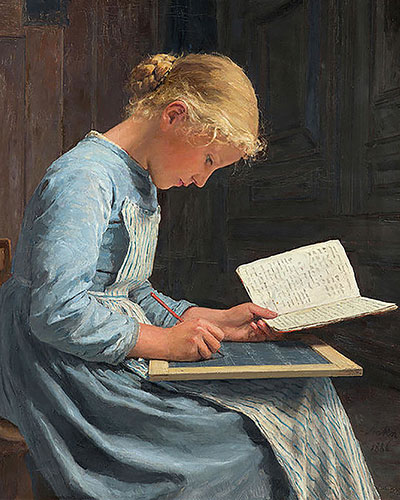



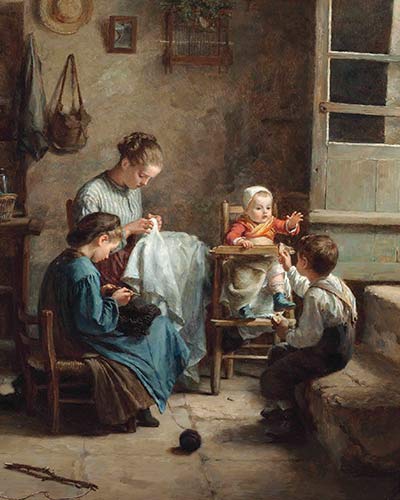


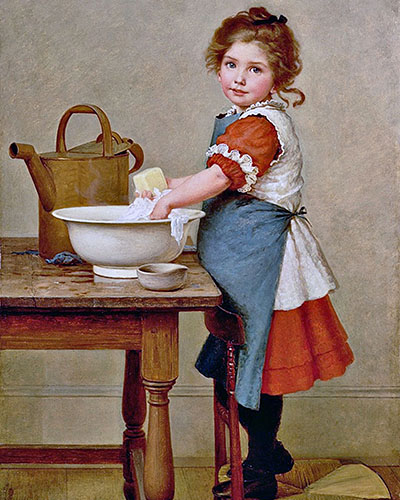

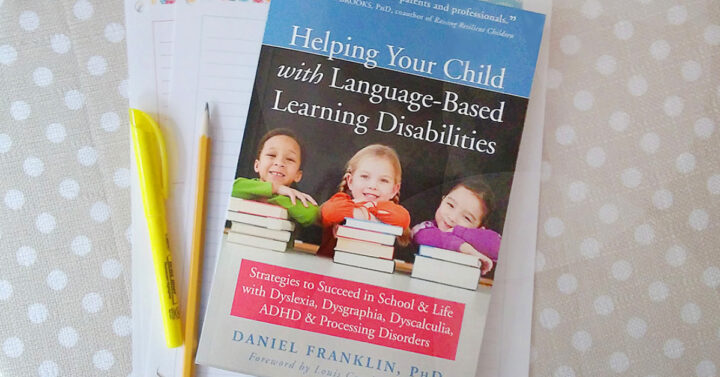
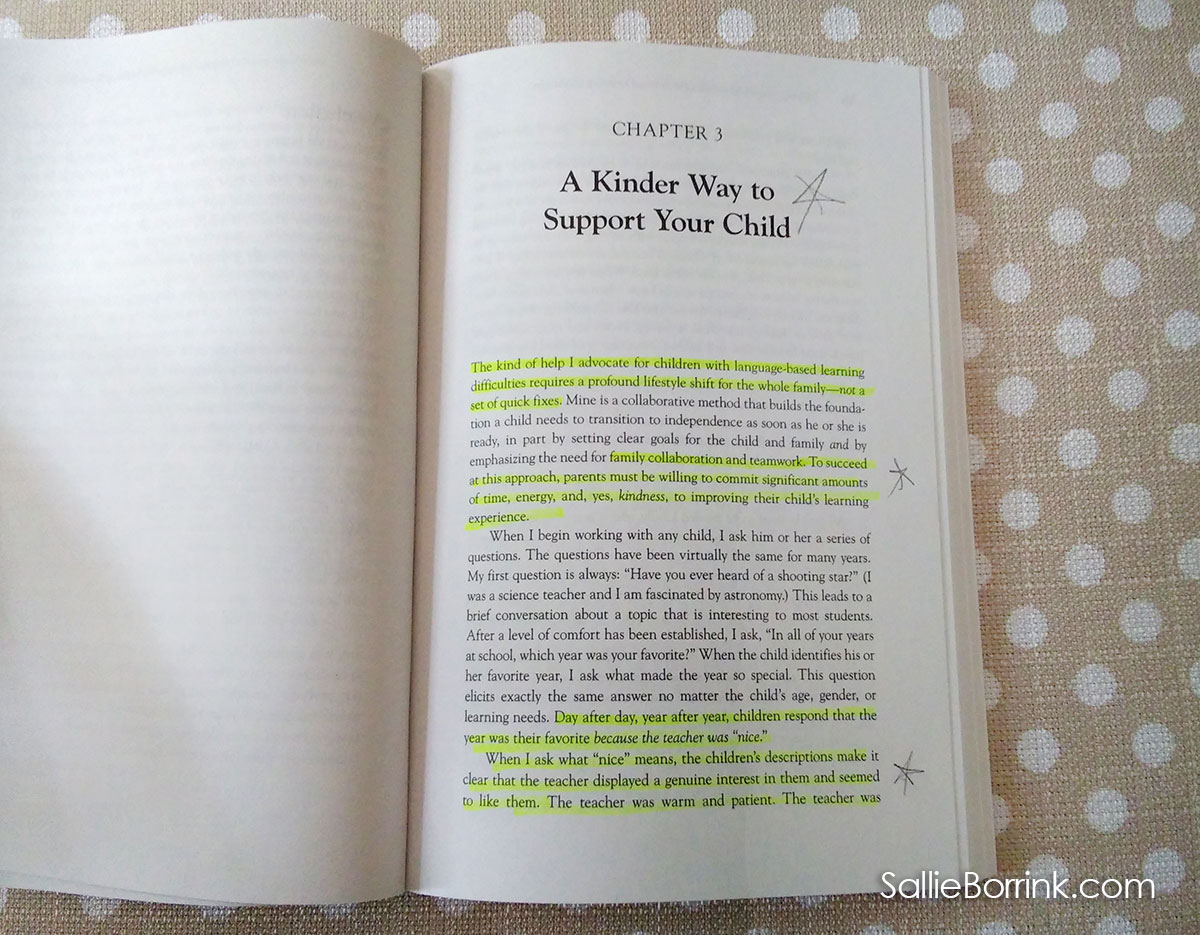
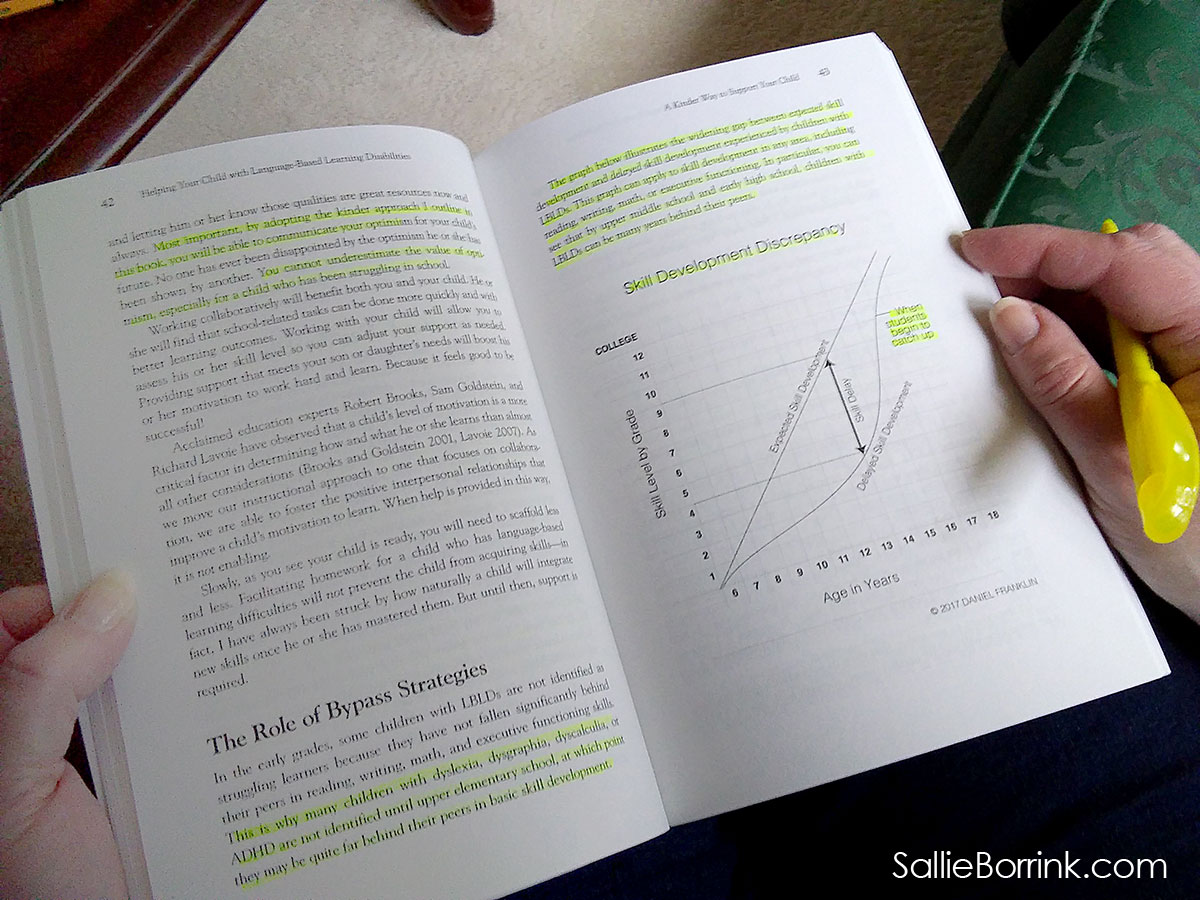
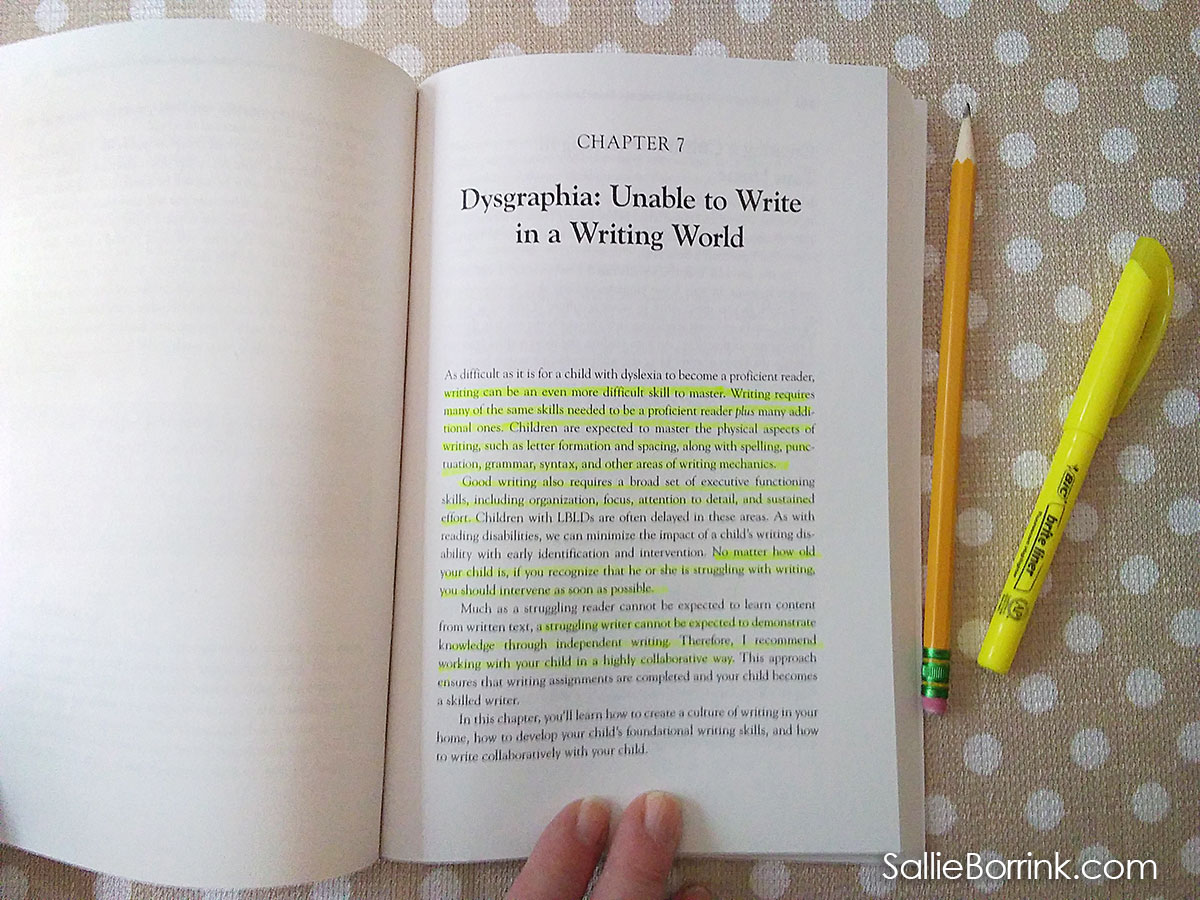
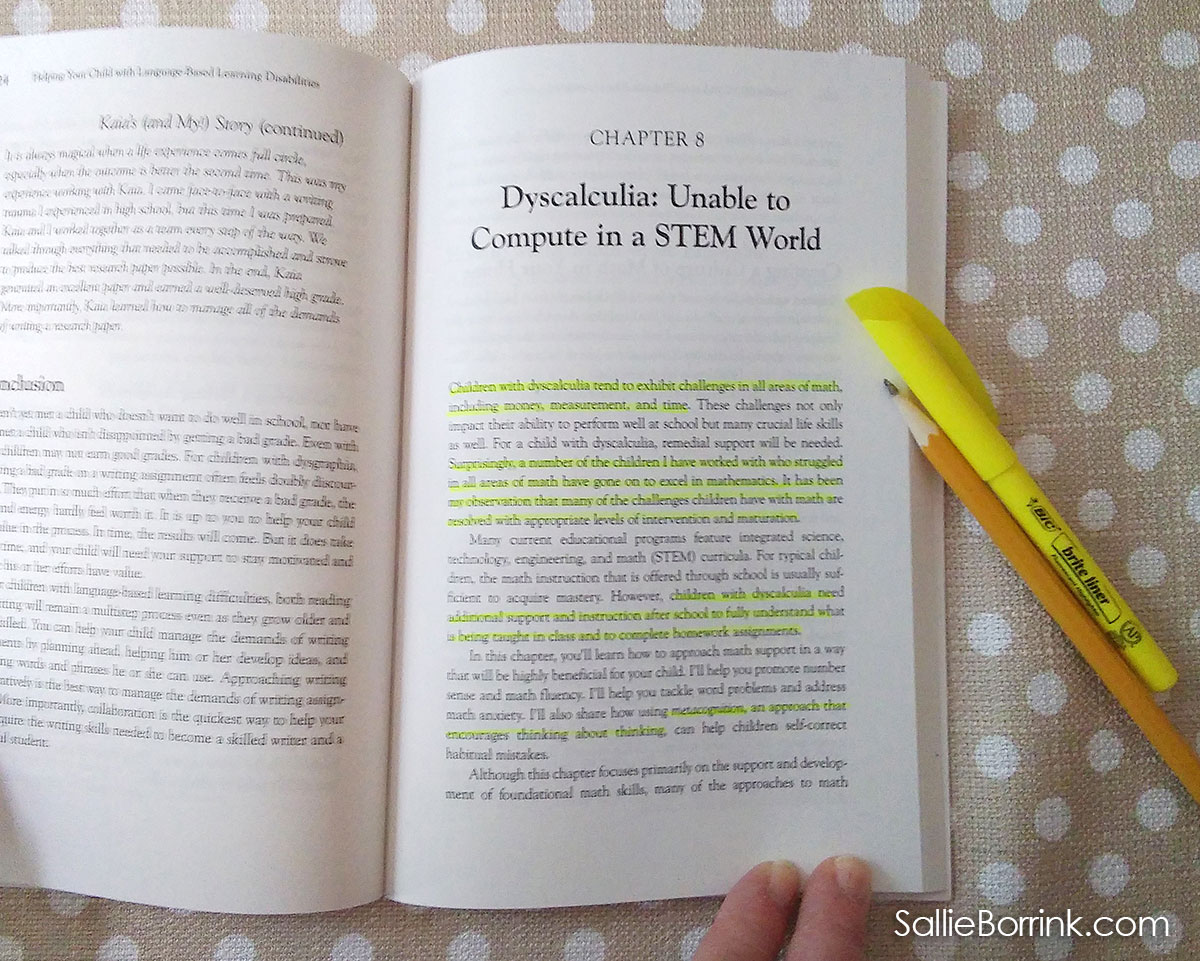

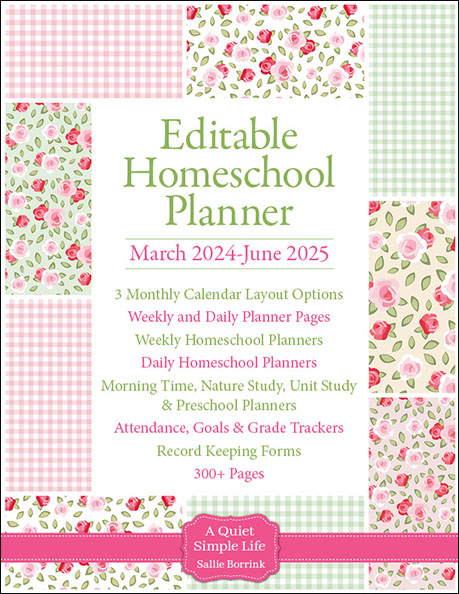
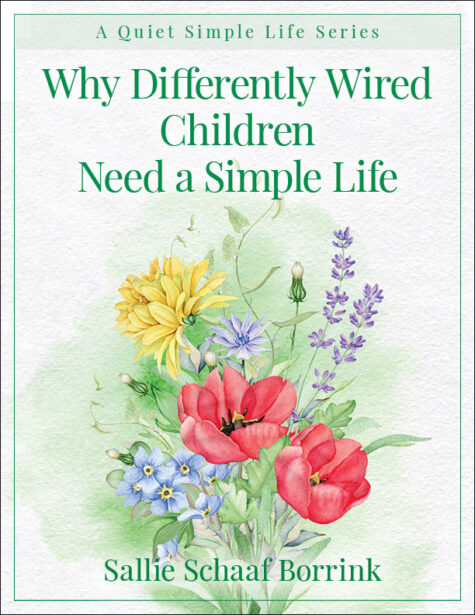
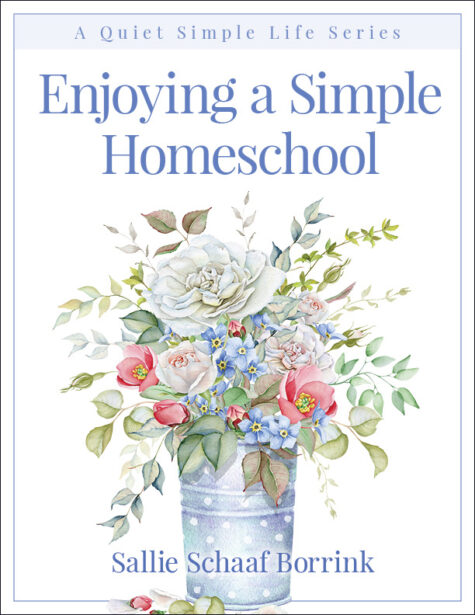
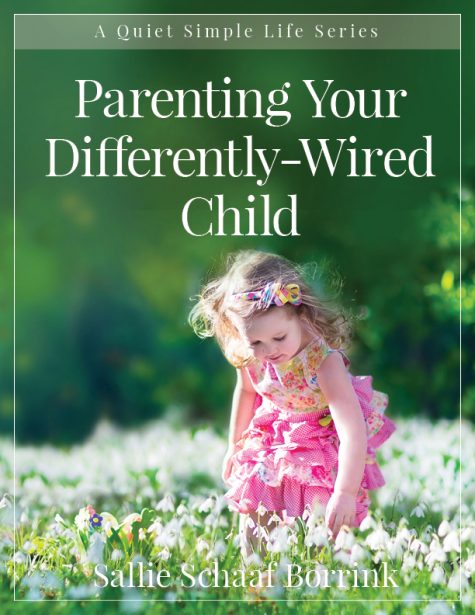





 10 Reasons We Enjoyed the Tween Years
10 Reasons We Enjoyed the Tween Years
Leave a Reply